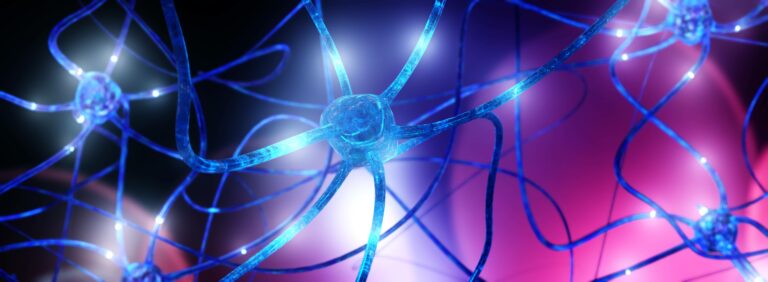Sleep plays a crucial role in our overall health, and it also has a strong connection to the risk of developing substance abuse problems. When sleep is poor or disrupted, it can increase vulnerability to using drugs or alcohol and make recovery from addiction more difficult.
### How Poor Sleep Affects Your Brain and Behavior
Lack of good sleep impacts many parts of the brain that control emotions, decision-making, and impulse control. When you don’t get enough restful sleep:
– You become more emotionally reactive and irritable.
– Your ability to concentrate and remember things declines.
– Stress hormones like cortisol rise.
– Cravings for substances increase.
– Symptoms of depression and anxiety worsen.
All these changes can push someone toward using substances as a way to cope with negative feelings or stress[5].
### The Link Between Sleep Problems and Substance Use
Many people who struggle with addiction also have trouble sleeping. Common issues include difficulty falling asleep (insomnia), waking up frequently at night (fragmented sleep), or feeling tired even after sleeping (hypersomnia). These problems often feed into each other—poor sleep worsens mental health symptoms, which then increases the urge to use drugs or alcohol[5].
Alcohol is one example where this cycle is clear. While drinking might help some people fall asleep faster initially, it actually disrupts deep restorative sleep later in the night. Over time, relying on alcohol for sleep can lead to chronic insomnia and tolerance—meaning you need more alcohol for the same effect—which raises the risk of developing an abusive drinking pattern[2]. This creates a vicious circle where poor sleep drives substance use, which further damages sleep quality.
### Sleep Issues During Recovery
When someone stops using substances, their body’s natural rhythms are often out of balance. Early recovery commonly comes with worsening insomnia or disturbed sleep patterns temporarily[5]. If these issues aren’t addressed properly during treatment:
– The person may feel tempted to relapse just to get relief from sleeplessness.
– Recovery becomes harder because good rest is essential for healing both brain function and emotional stability.
Programs that support healthy sleeping habits alongside addiction treatment tend to have better outcomes by helping patients rebuild normal rhythms without turning back to substances[5].
### Why It Matters
Chronic poor sleep doesn’t just affect mood—it’s linked with serious health risks like heart disease, stroke, obesity, depression, Alzheimer’s disease risk factors—and all these add layers of difficulty when combined with substance abuse issues[2][3][4]. Addressing both mental health conditions including anxiety/depression along with improving quality of rest reduces chances that someone will develop or relapse into substance misuse.
—
In summary: Sleep deprivation weakens your brain’s ability to manage stress and emotions while increasing cravings for addictive substances. Alcohol may seem like an easy fix but ultimately worsens your long-term ability to rest well. Treating both poor sleep habits and addiction together offers the best chance at lasting recovery—and better overall health down the road.





